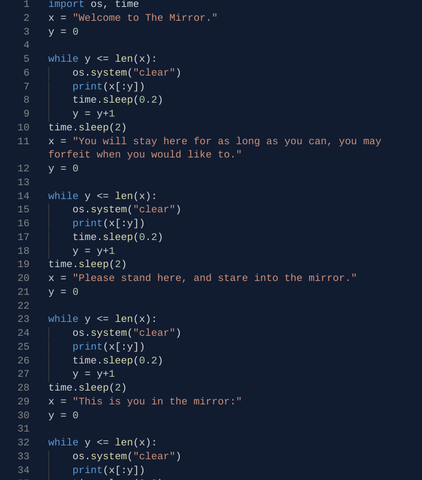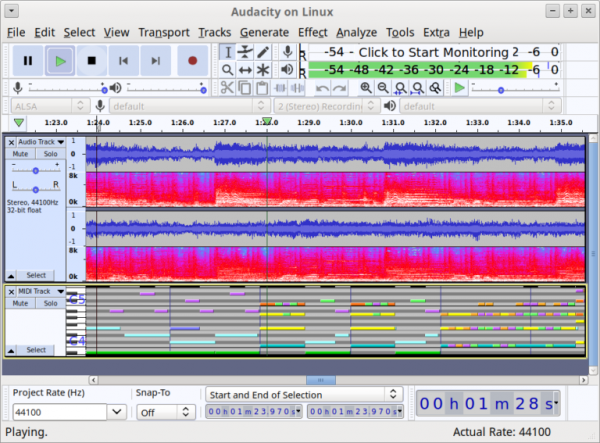OpenStreetMap might move to EU member state
OpenStreetMap is a great open source alternative to the commercial data slurping map services provided by technology giants such Microsoft (Bing) and Google.
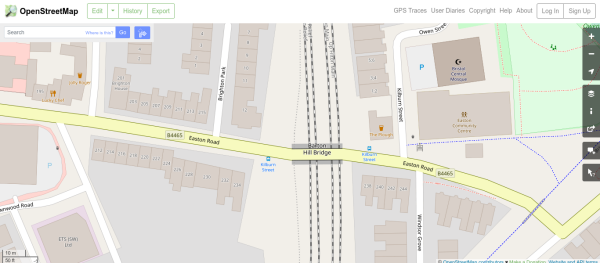
At this point you might be wondering why your ‘umble scribe chooses to mention Brexit, the English Empire’s most stupid and damaging foreign policy decision since the 1956 Suez Crisis.
Today’s Guardian announces that OpenStreetMap, which has been headquartered in the UK since its inception nearly 20 years ago, might be upping sticks and moving to a European member state very soon due to part-time alleged prime minister Boris Johnson’s pretend government taking back control and once again ostensibly becoming – in its mendacious words – an independent sovereign state. It’s such a pity the Blonde Bumbler’s kakistocracy doesn’t understand and never has understood the concept of pooled sovereignty.
The OpenStreetMap Foundation, which was formally registered in 2006 – 2 years after the project began – is a limited company incorporated under the laws of England and Wales.
Quoting an email from earlier this month, The Guardian quotes Guillaume Rischard, the Foundation’s treasurer, as saying the following
There is not one reason for moving, but a multitude of paper cuts, most of which have been triggered or amplified by Brexit.
One of these <empaper cuts is the failure of the Johnson régime and EU to agree on mutual recognition of database rights. While both have an agreement to recognise copyright protections, maps are data and fall outside the ambit of creative works. Until Brexit mapping were covered by an EU-wide agreement that protected databases, but since Brexit, there is no longer any mutual recognition and/or protection of any database made in the UK or EU on or after 1 January 2021.
The Foundation’s other motives for moving from the UK include banking and payment concerns, plus the increased importance of the EU technology regulation matters.
A statement issued by the Foundation includes the following:
We are actively researching options to protect the OSM community’s interests, and one option under investigation is relocation to an EU member state. We have made no decisions so far.
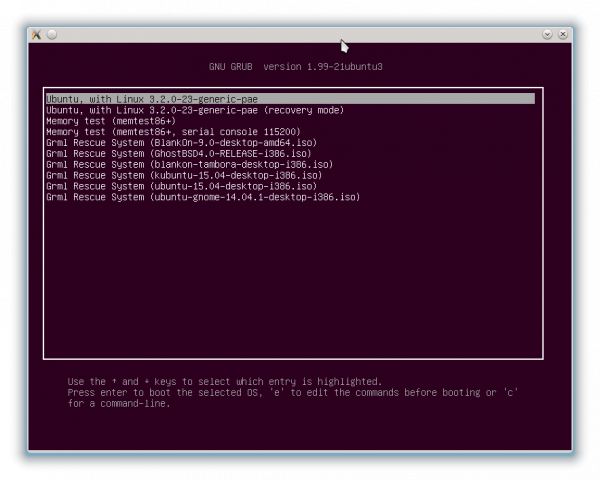
 REUSE is a set of best practices to make Free Software licensing much easier. Using simple guidelines, it helps developers stipulate their copyright and conditions for code re-use, as well as providing documentation and low-threshold tools to get the job done.
REUSE is a set of best practices to make Free Software licensing much easier. Using simple guidelines, it helps developers stipulate their copyright and conditions for code re-use, as well as providing documentation and low-threshold tools to get the job done.
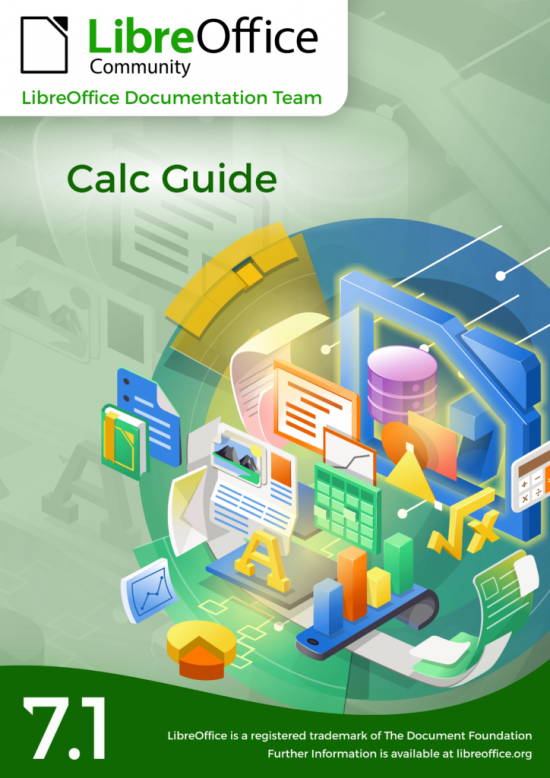
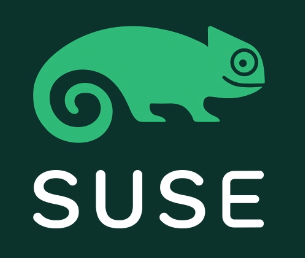
 For commerical deployments, TDF strongly recommends
For commerical deployments, TDF strongly recommends 